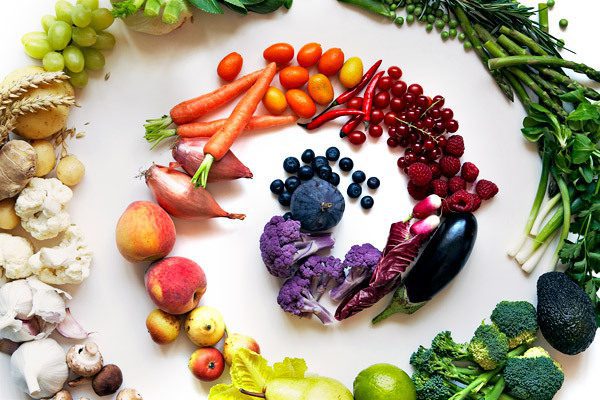
Fasting is the willing abstinence or reduction from some or all food, drink or both, for a period of time. An absolute fast or dry fasting is normally defined as abstinence from all food and liquid for a particular period of time.
We should all be encouraged to fast often asides religious fast because of its numerous benefits to our health.
Here are some nutritional benefits of fasting:
Weight Loss. Fasting can help one lose weight and belly fat, without having to consciously restrict calories.
Insulin Resistance. Fasting can reduce insulin resistance, lowering blood sugar by 3-6% and fasting insulin levels by 20-31%. This can protect against type 2 diabetes.
Inflammation. Some studies show reductions in markers of inflammation, a key driver of many chronic diseases.
Heart Health. Fasting may reduce LDL cholesterol, blood triglycerides, inflammatory markers, blood sugar and insulin resistance. These are all risk factors of heart disease.
Brain Health. Fasting increases a brain hormone called BDNF, and may aid the growth of new nerve cells . It may also protect against Alzheimer’s disease.
Foods To Eat After Fasting:
Drinking lots of water is very important after a period of fast so as to hydrate your body properly.
Raw fruits with high water content and are easily digested and assimilated. Some of these include watermelon, grapes, oranges, apples these fruits can easily be digested, and they also provide nutrients and energy.
Raw vegetables are great sources of vitamins, minerals, phytonutrients and antioxidants. Examples are carrots, cucumbers, tomatoes, cabbage, green beans, broccoli, cauliflower, eggplant, spinach, parsley, onions, green and red bell peppers, mushrooms, okra, tomatoes, garlic and green leafy vegetables. Having a salad containing these after a fast will nourish your body while being easy on the stomach.
Author – Ask Damz



